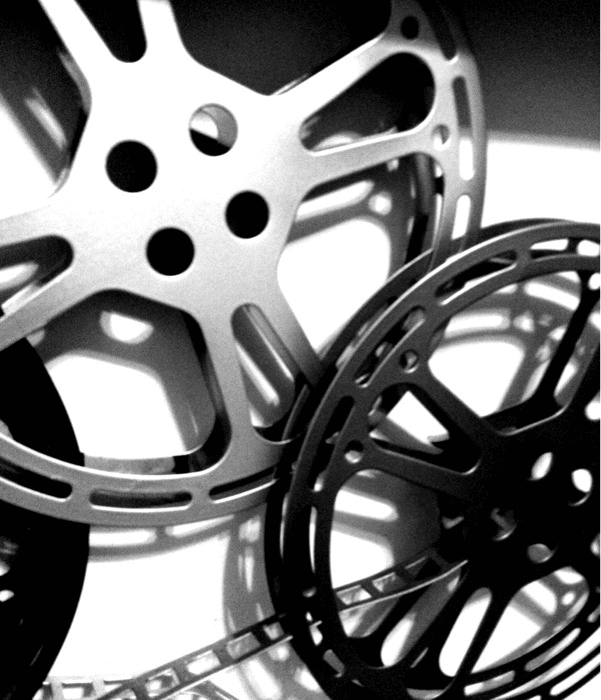As film turns to digital small movie theaters struggle to keep the lights on
Film reels are becoming a thing of the past at movie theaters across the U.S. and even the world. (Photo by Flickr user NightRStar.)
When you go to see a film these days, there’s a good chance you’re not watching actual film.
Rather, you’re seeing a digital projection of 1s and 0s coming from a computer hard drive.
For the past few years, movie studios have been extolling the virtues of digital projection systems: lower distribution costs, immaculate picture quality, easier maintenance and even increased safety (film is flammable).
Theaters have been making the conversion, and 2013 may be the year the process comes to a close.
“We’ve sort of reached a critical mass in terms of the number of digital theaters that are out there,” said Brent Lang, entertainment reporter at The Wrap, “and it might not make financial sense for studios to continue producing film prints of new releases.”
Although studios stand to save hundreds of millions of dollars, the initial conversion can cost theaters more than $100,000 — enough to put small operators out of business. Independent theater owners, Lang says, have a difficult time getting bank loans for upgrades.
“Your Loews, your AMC, your Regal, these are not the people facing the choice between, ‘do I keep the lights on the marquee on or do I close the doors,’” he said.
In one small town, a group of residents are trying to save the lone movie theater, turning the commercial theater into a nonprofit.
Debby Ebke is the treasurer of the Bonham Theatre Project, which is trying to save the lone movie theater in Fairbury, Nebraska. The group is accepting donations to convert to digital projection and remodel the 86-year-old building.
“It’s an economic issue for the whole town,” Ebke said. “It’s important to maintain any type of entertainment to keep young people in our community.”
So far, the group has raised $15,000, and they are accepting in-kind donations. Some local farmers have pledged grain, and livestock are also accepted.
We want to hear your feedback so we can keep improving our website, theworld.org. Please fill out this quick survey and let us know your thoughts (your answers will be anonymous). Thanks for your time!
